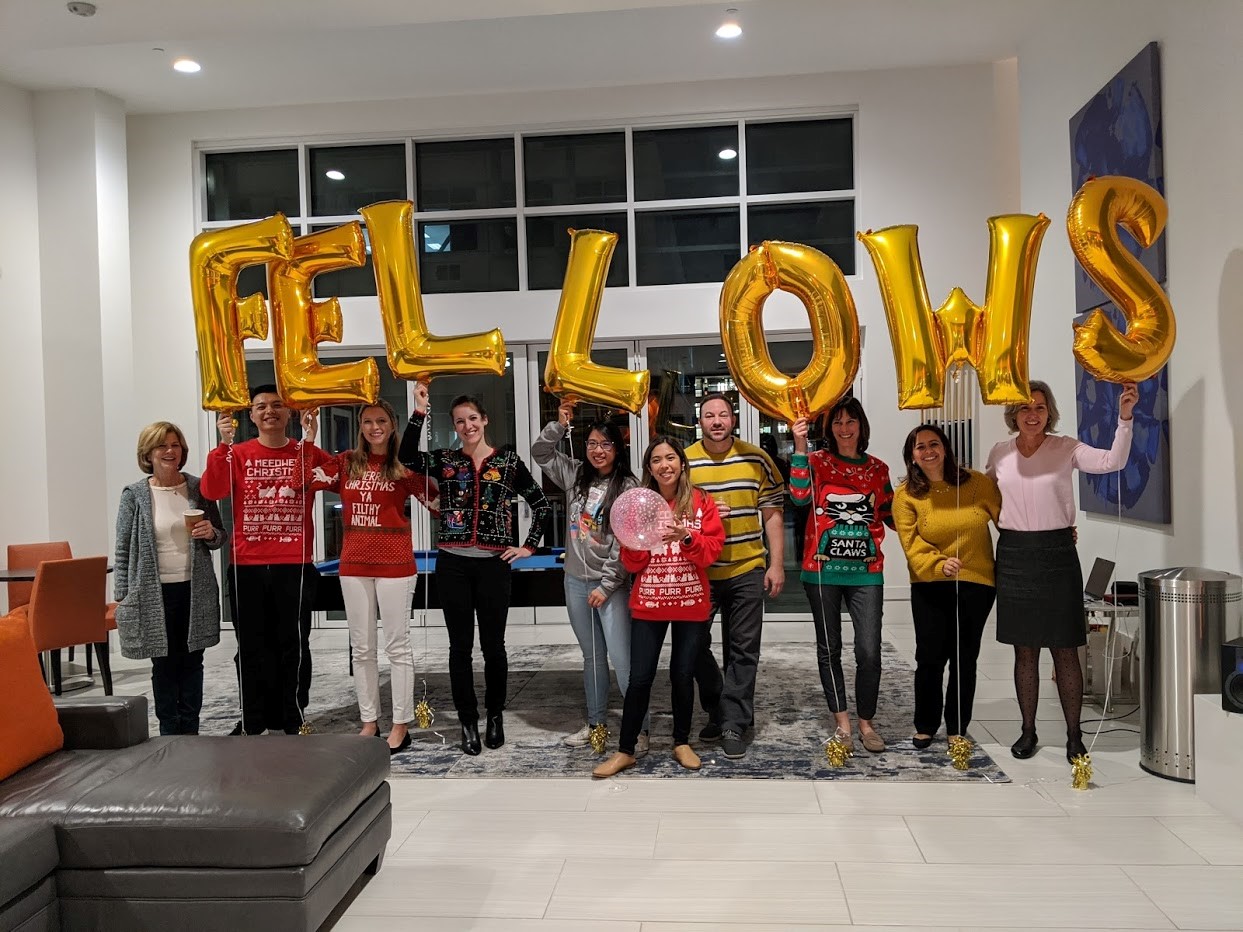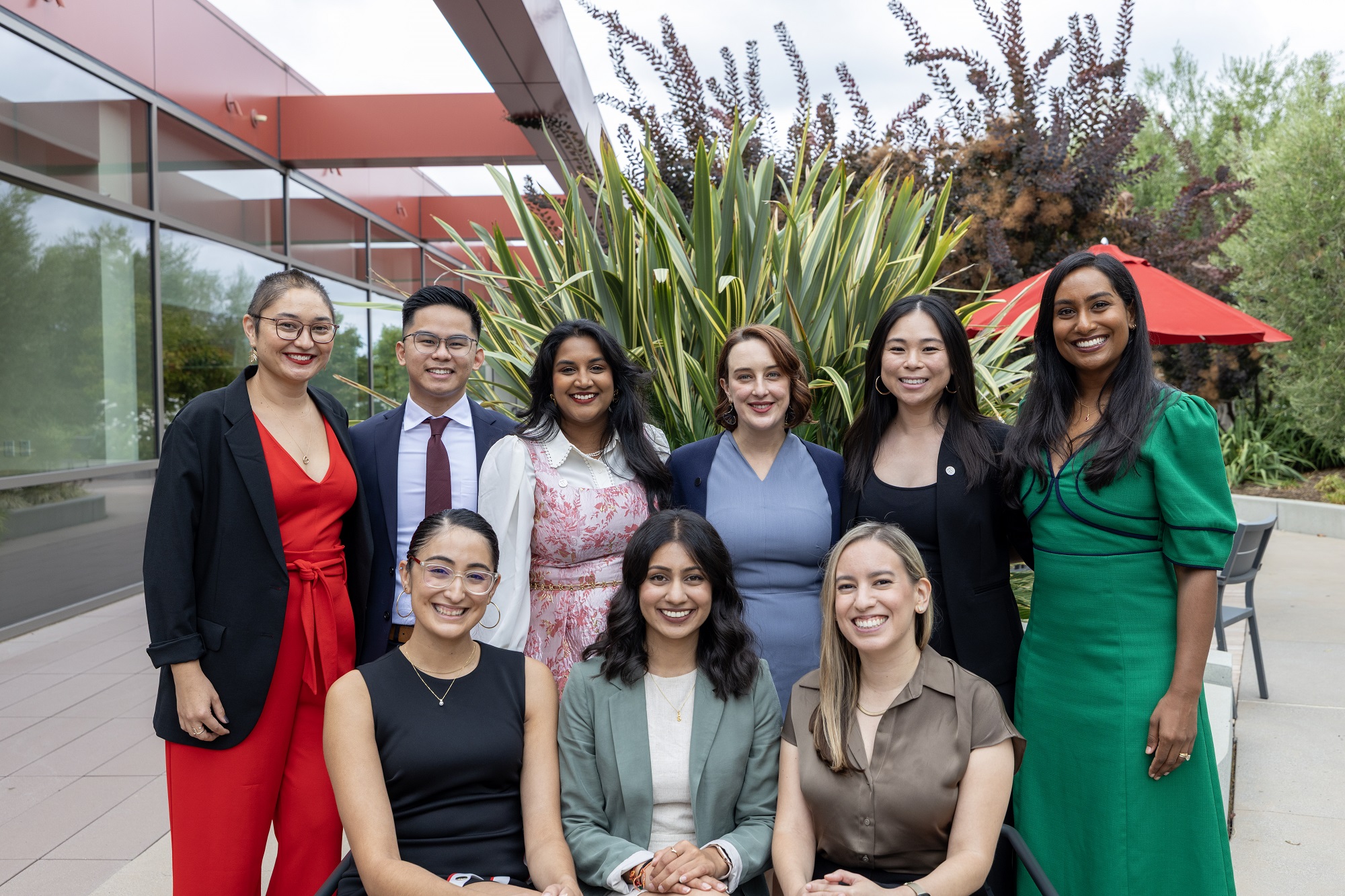
Stanford's Advanced Practice Provider Fellowship Program offers fully-benefited, 12-month positions designed to provide post-graduate training to new Advanced Practice Providers (APPs) who wish to transition into specialty care and to experienced APPs who wish to transition to administration. Our goal is to provide support and training during transition to practice, allowing APP Fellows to build confidence and knowledge in the clinical specialties of Cancer Care, Cardiac Electrophysiology, Inpatient Neurosciences, Orthopedic Surgery and Cardiothoracic Surgery, and the leadership specialty of Administration. The Fellowship teaches the core competencies for specialty certification and offers the opportunity for APPs to gain in-depth exposure to complex specialty care and systems. Clinical APP Fellows work with diverse teams of providers focused on specific patient populations through Stanford Health Care's inpatient and outpatient settings. Administrative APP Fellows work with diverse leadership teams focused on operations and quality improvement throughout the organization.
For the latest updates on the APP Fellowship Program, be sure to follow our LinkedIn page for all the latest news.
December 2025 Update: We're now accepting applications for our 2026-2027 Program!



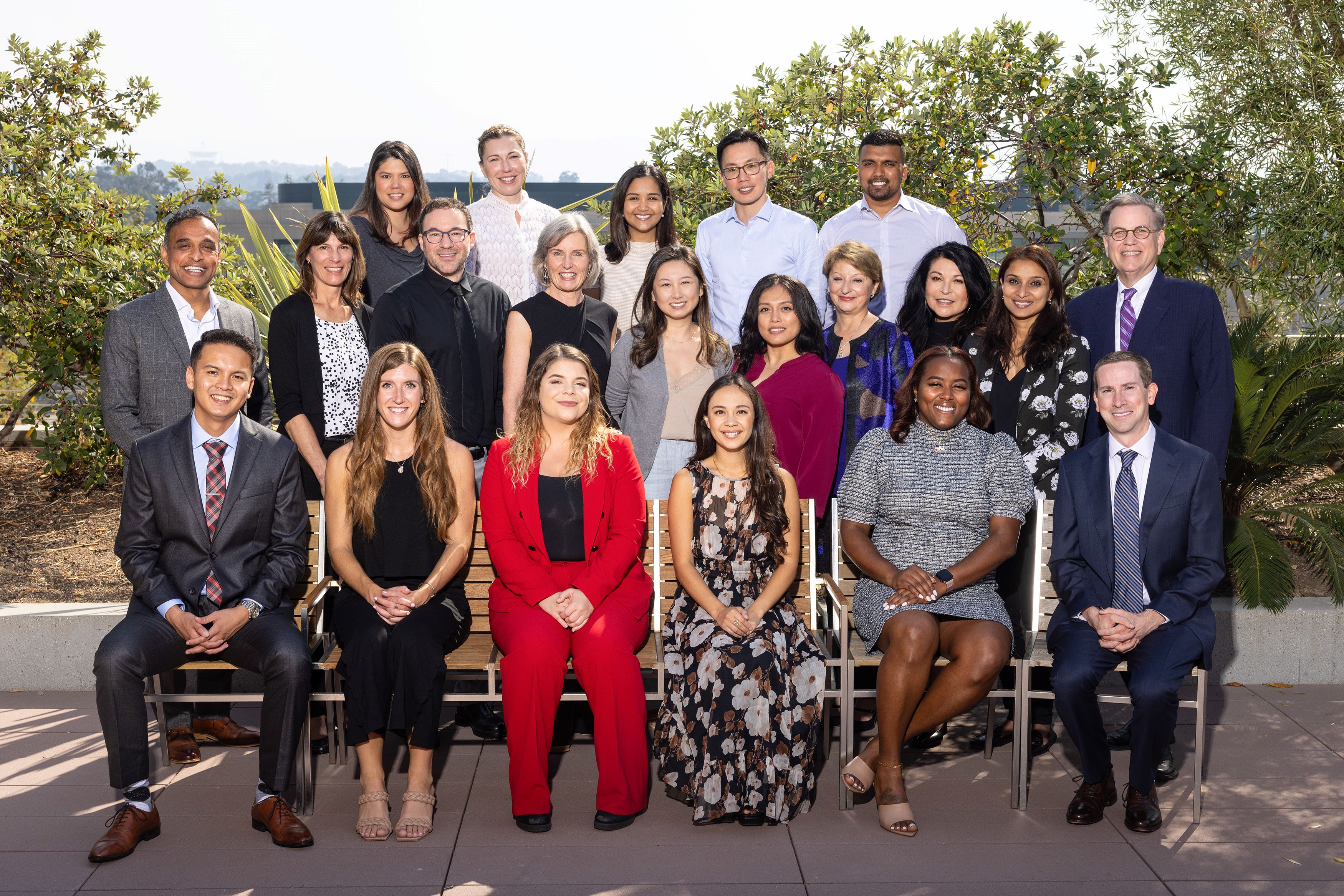
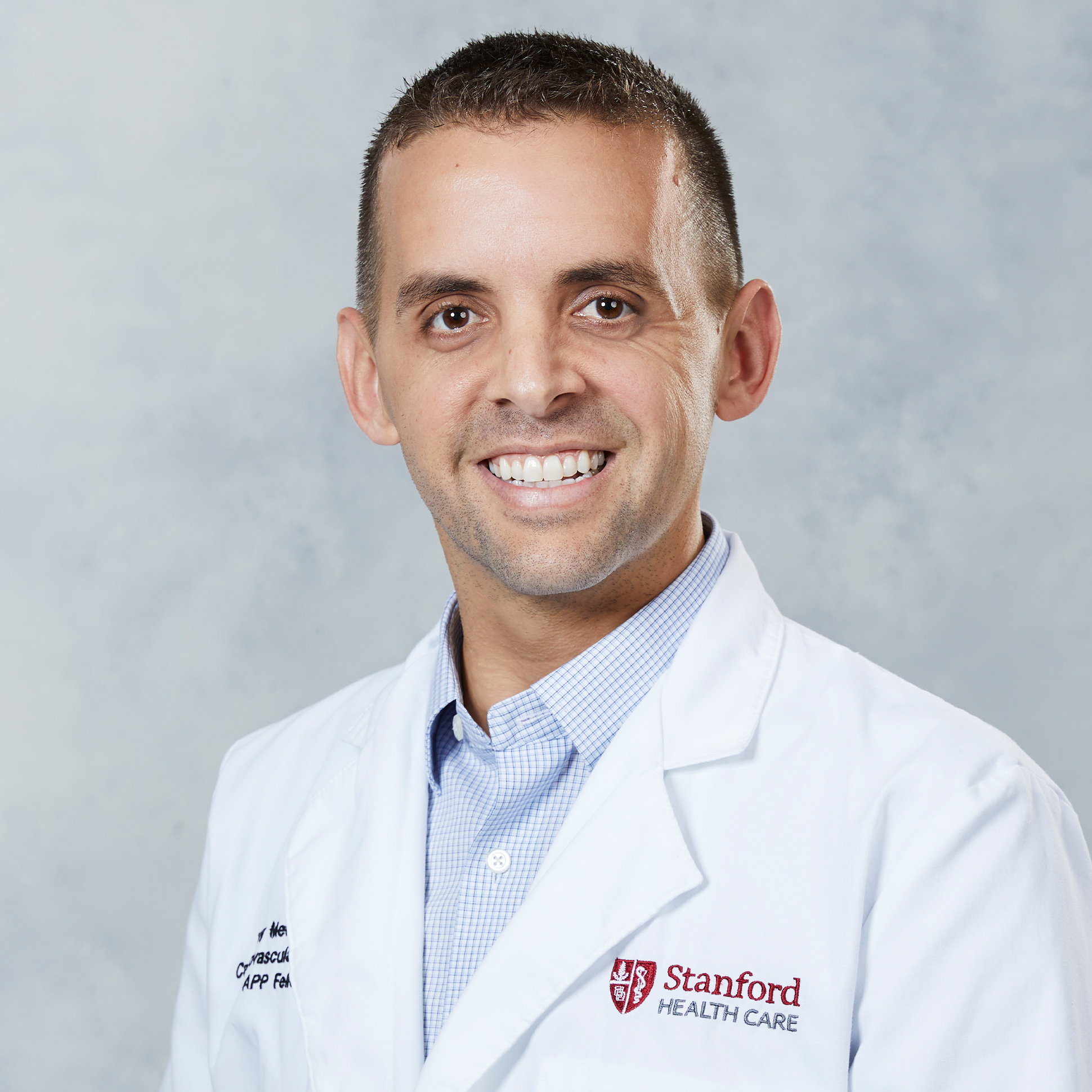
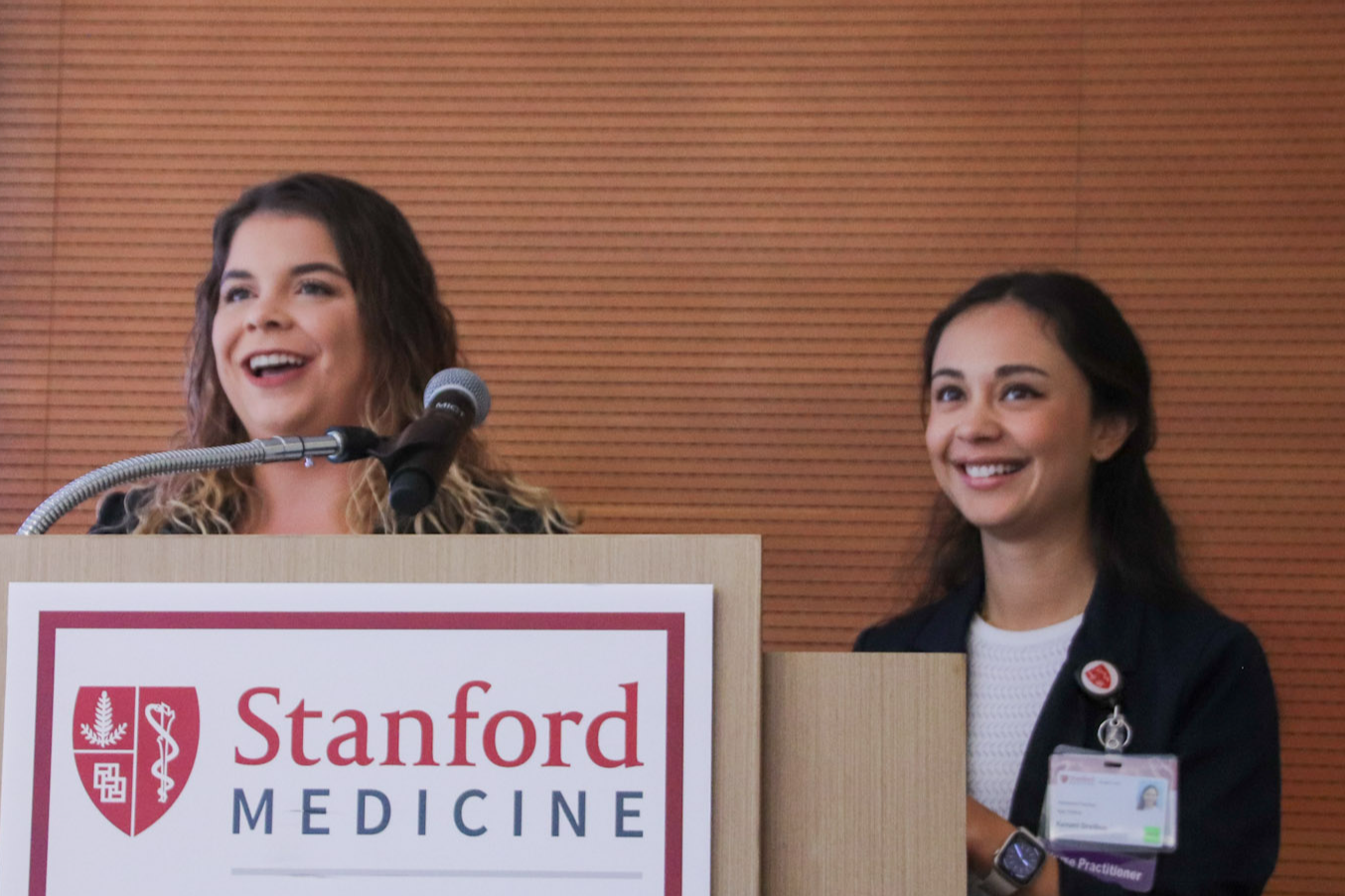
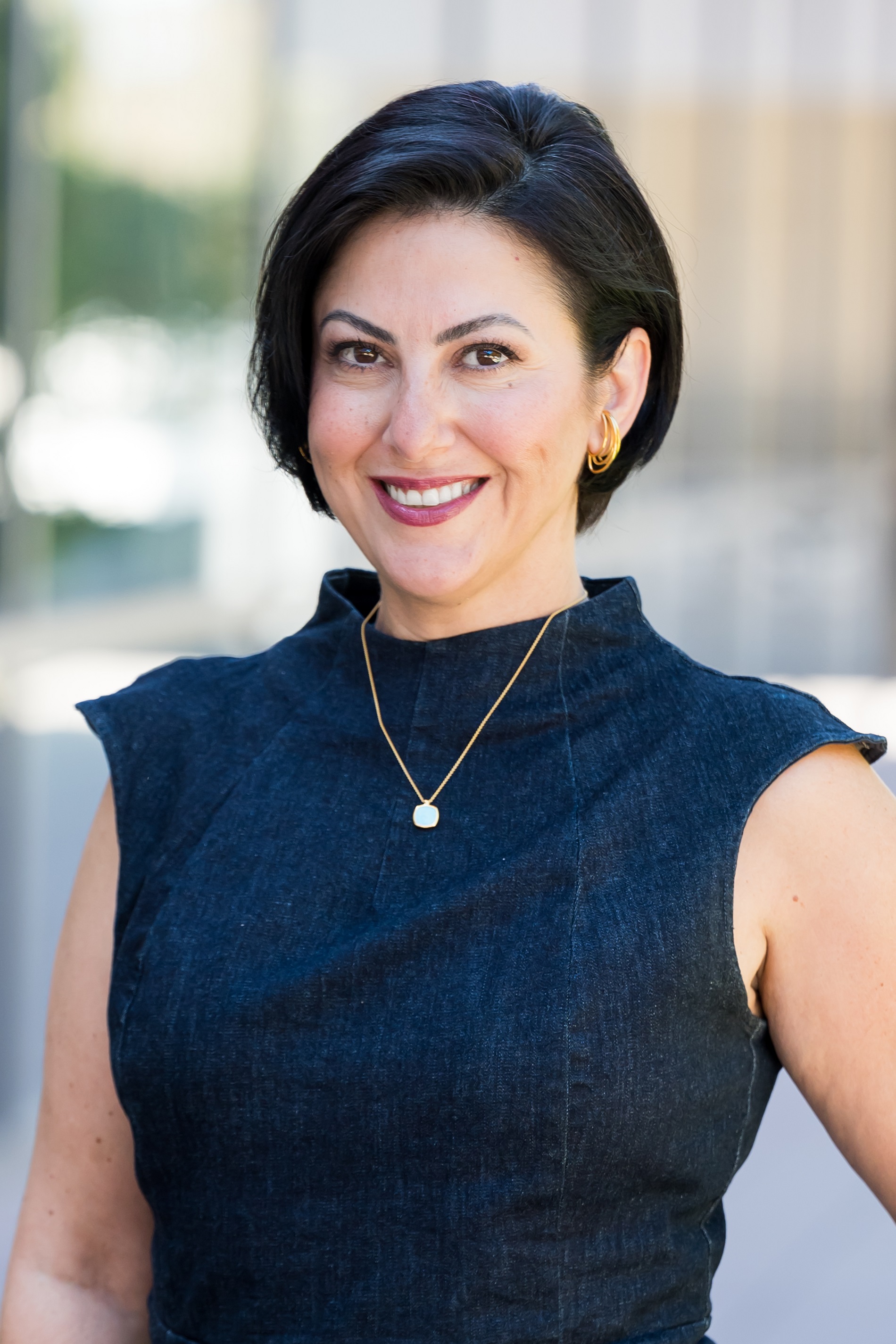
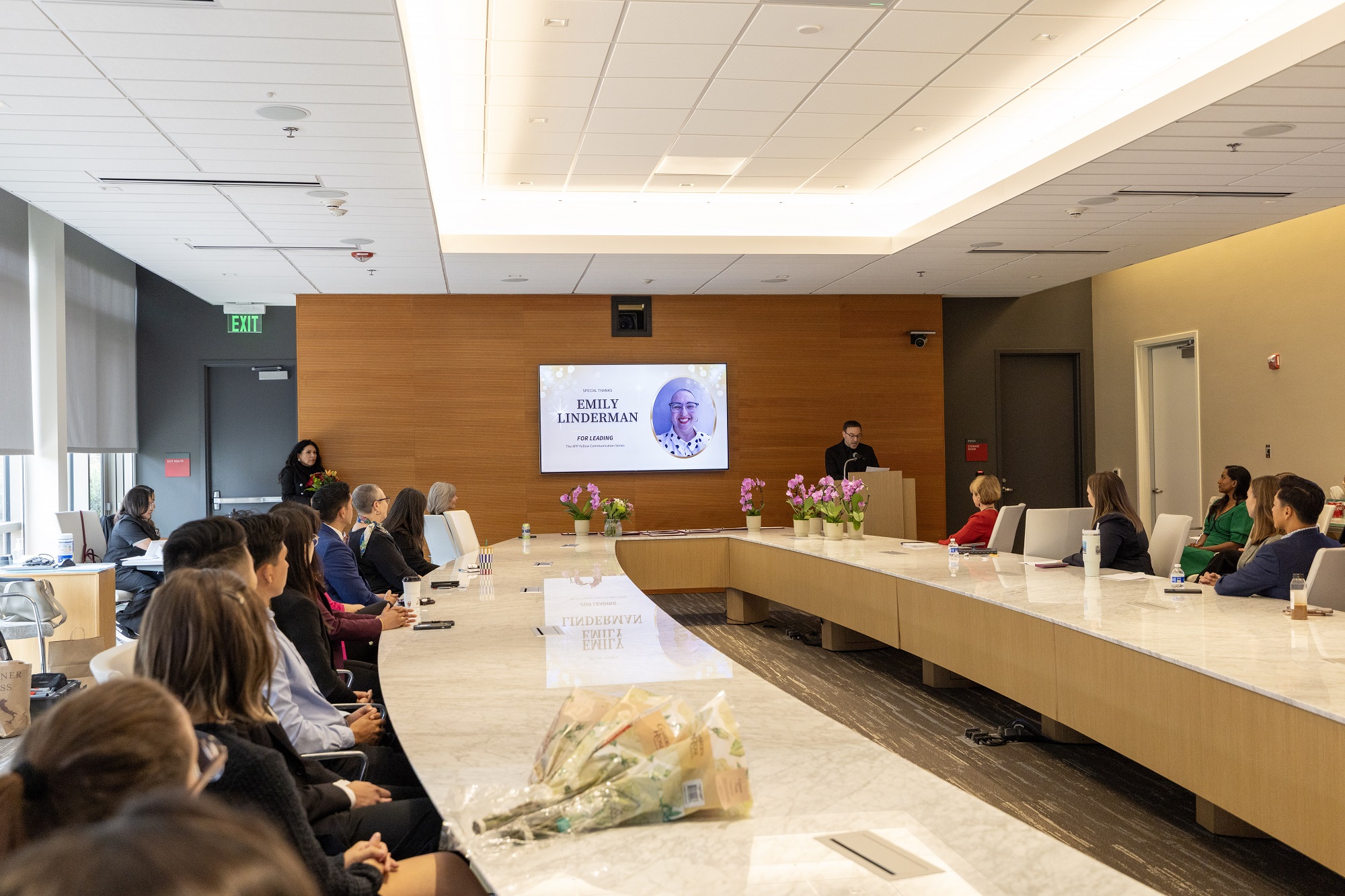
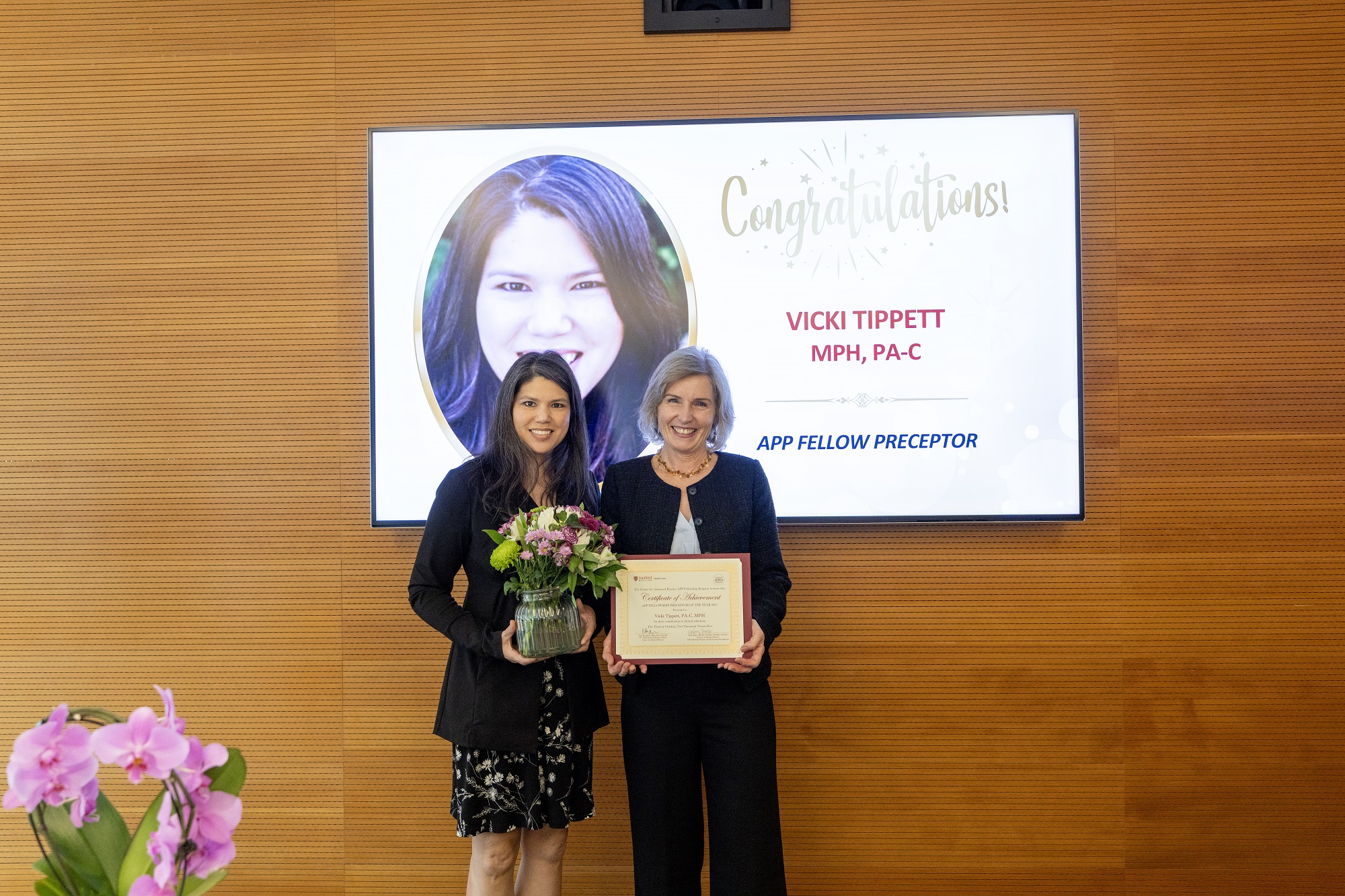





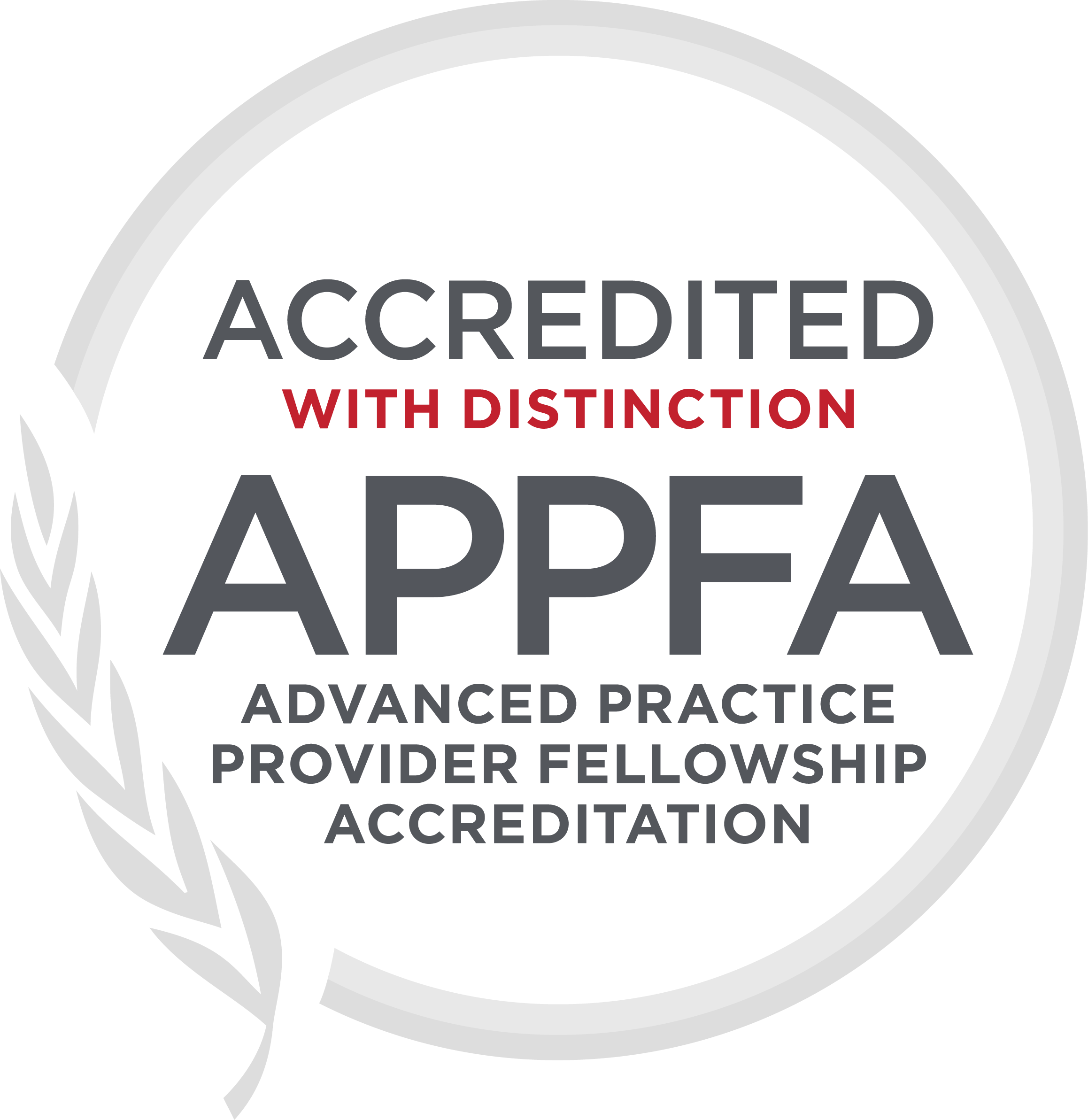
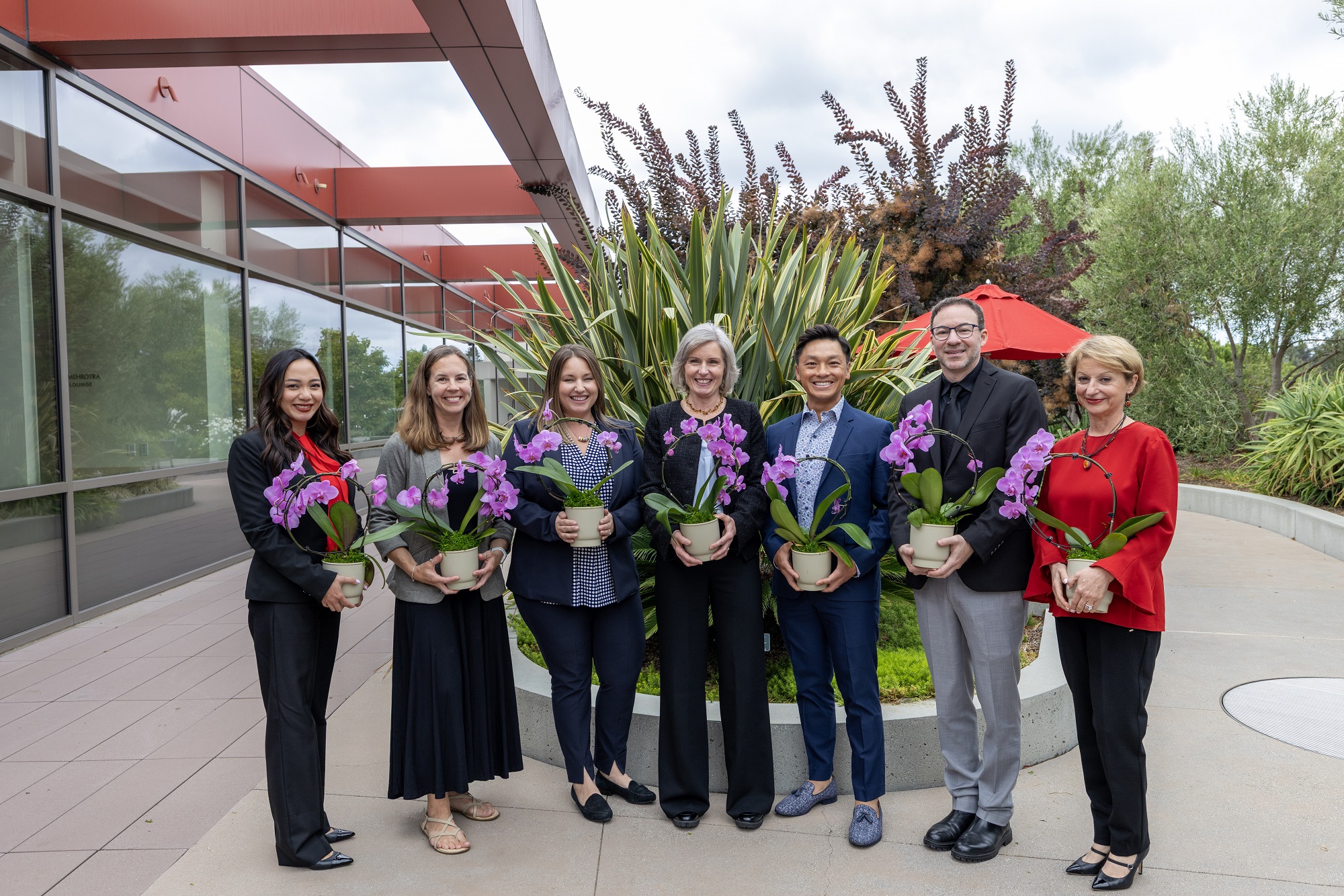
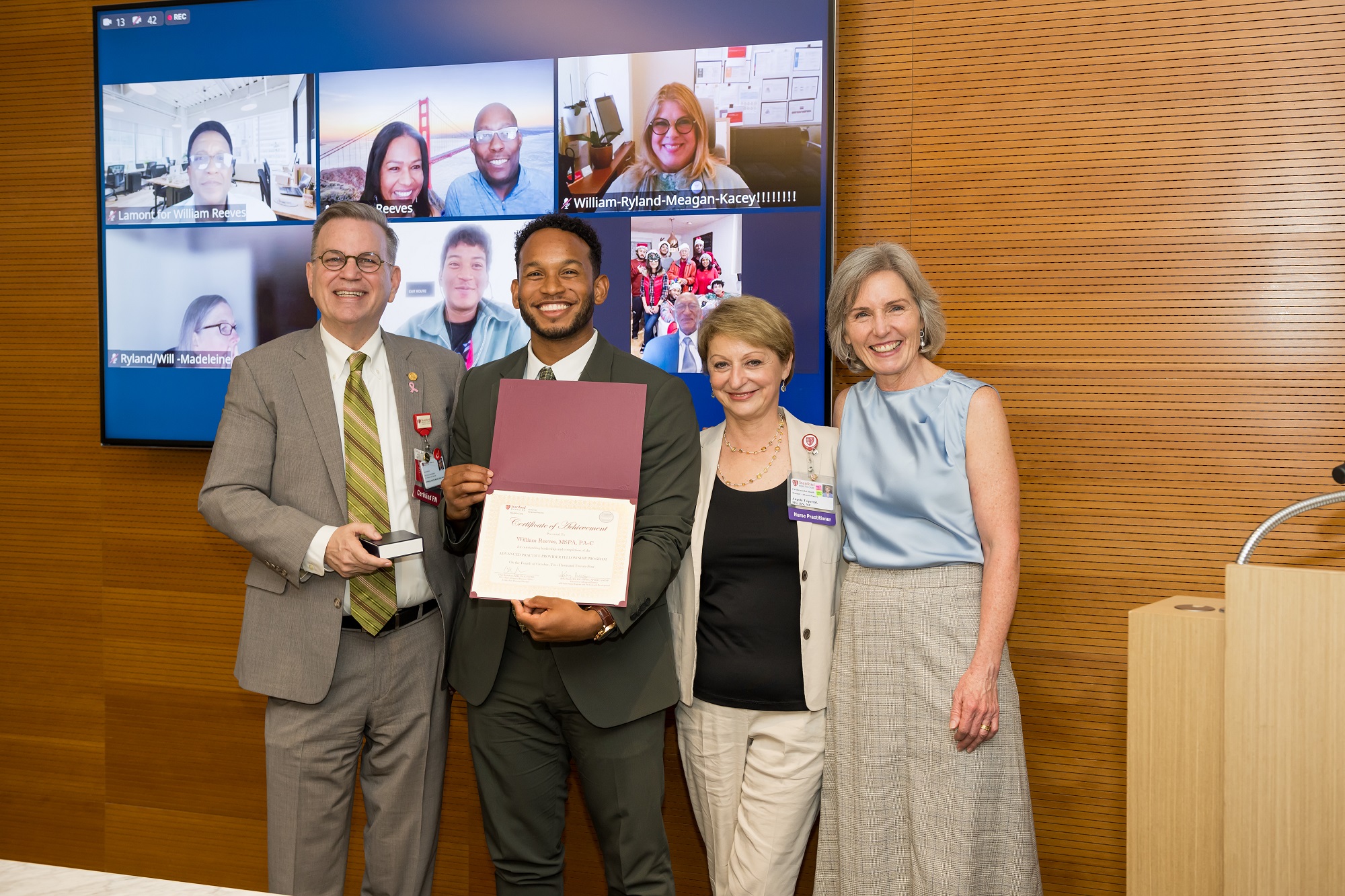
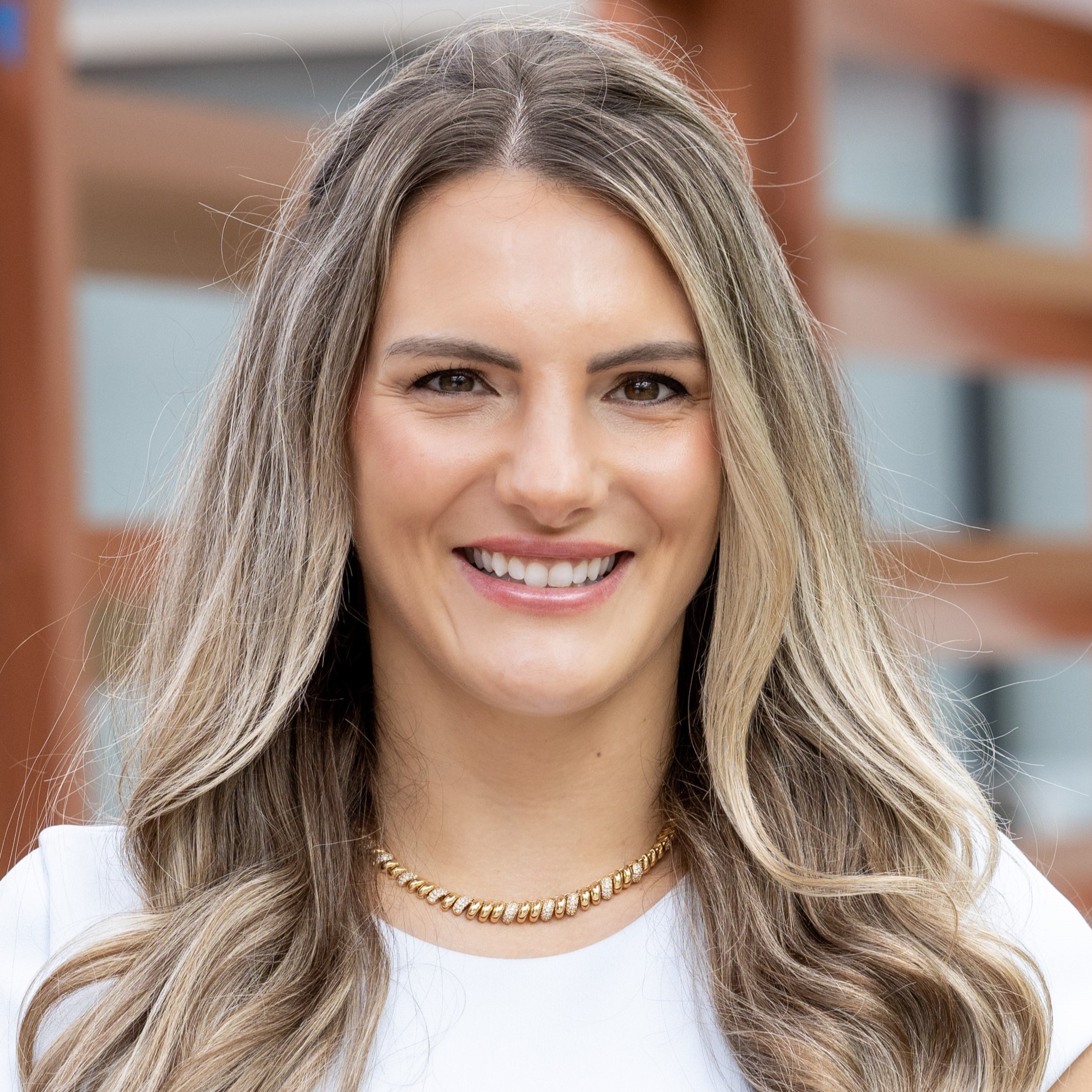
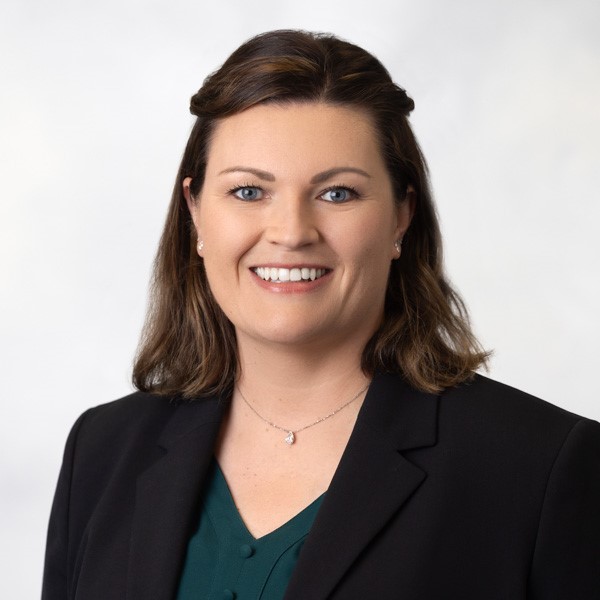
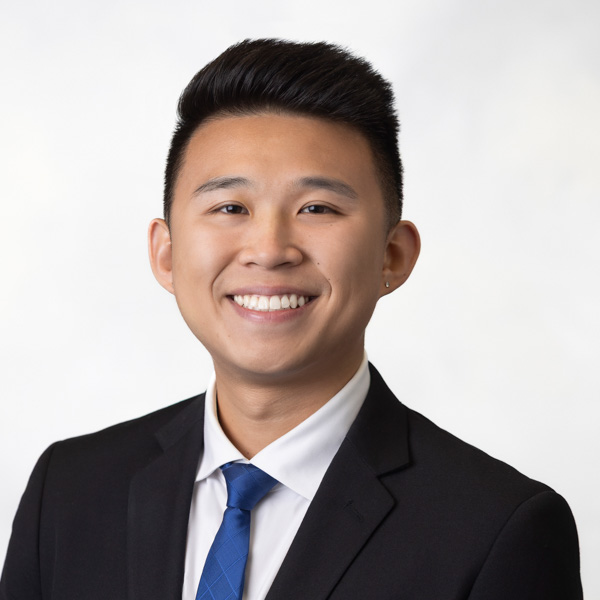
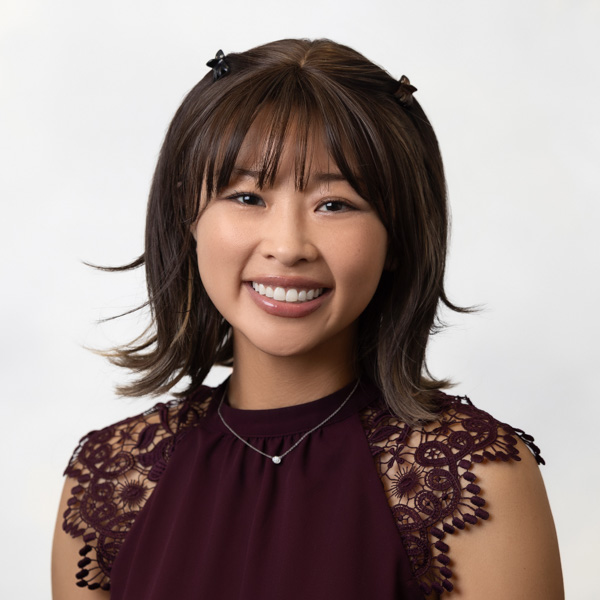
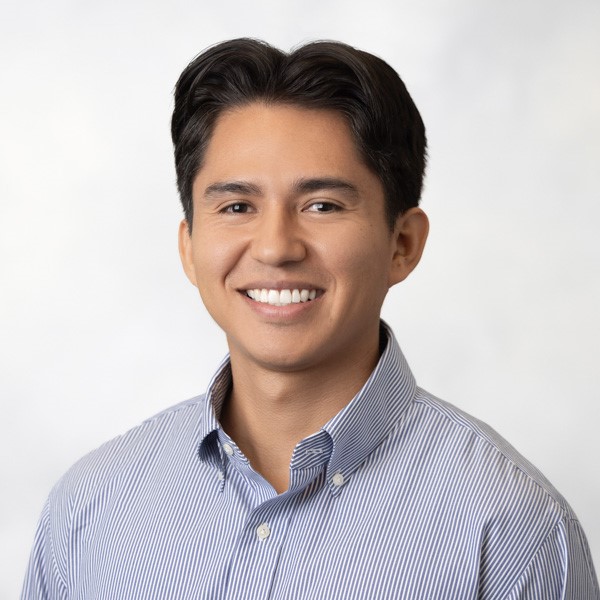
Lionel Moreno grew up in sunny Southern California, spending many of his summers in Mexico visiting his grandparents and extended family. He recently completed his master’s degree at UCLA School of Nursing and took the ANCC exam to become a board-certified nurse practitioner (NP). Before becoming an NP, Lionel earned his bachelor’s degree in nursing and practiced as a registered nurse for nearly five years. He worked exclusively on cardiac step-down and intensive care units, caring for and educating patients with complex cardiovascular conditions, including heart attacks, arrhythmias, and heart transplants.
These experiences deepened his knowledge of and passion for the cardiovascular system and inspired him to pursue a fellowship in cardiology, specializing in electrophysiology, now as a certified NP. For Lionel, providing holistic, whole-person care is paramount. He believes that understanding each patient’s biological, psychological, social, and spiritual dimensions is essential to delivering genuine, compassionate, and thorough care.
Outside of his professional life, Lionel enjoys caring for his own heart health by running, exercising, spending time outdoors, and sharing meaningful moments with family and friends—preferably over great food. He is also passionate about travel and mission work and has participated in several humanitarian trips around the world.
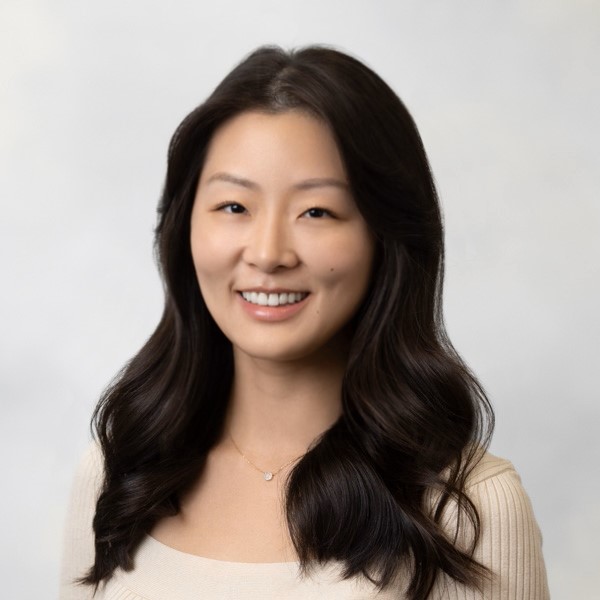
Senta recently graduated from Johns Hopkins University with her Doctor of Nursing Practice degree in Adult-Gerontology Primary Care. She grew up in the college town of Stillwater, Oklahoma, where she began her RN career on a post-surgical unit and discovered her love for caring for patients recovering from joint replacement surgeries.
That early experience sparked her interest in orthopedics, which she continued to explore during her graduate studies through a clinical at the Johns Hopkins Community Physicians orthopedic suite. There, she particularly enjoyed learning the nuances of joint health and gaining hands-on experience with intra-articular injections, which further fueled her passion for orthopedic care.
Senta is thrilled to begin her fellowship in the Orthopedic Subspecialty at Stanford, where she looks forward to developing her knowledge and clinical skills. She is committed to patient-centered, culturally competent care and strives to bring empathy and compassion to every patient encounter. She is excited to continue expanding her clinical knowledge while providing direct care to patients with musculoskeletal conditions.
Outside of work, Senta enjoys hiking, Zumba, playing the flute, exploring new cafés and restaurants, and spending time with her loved ones and two cats.
